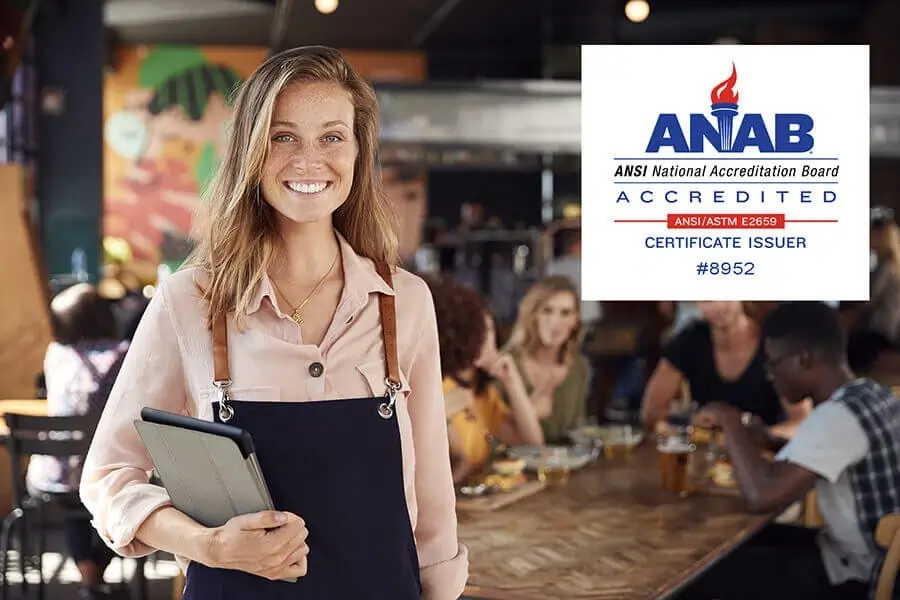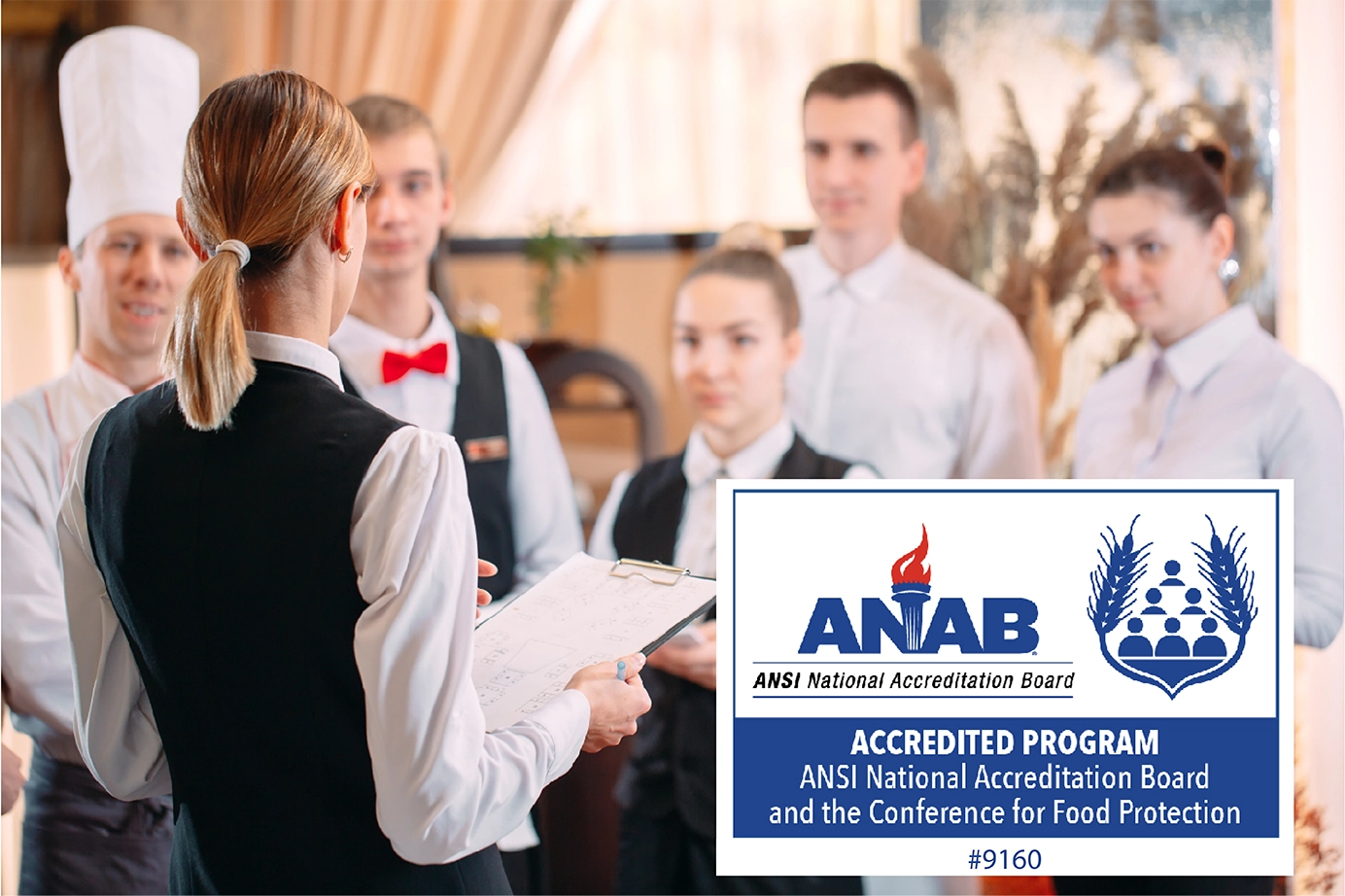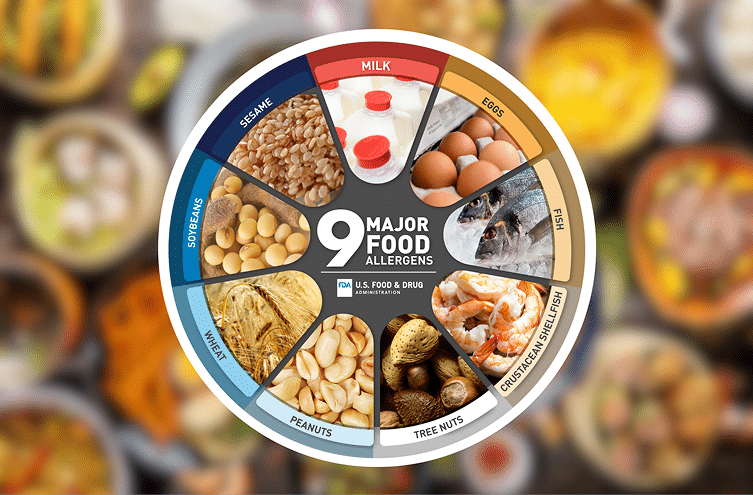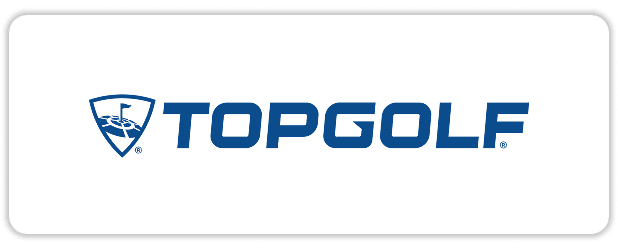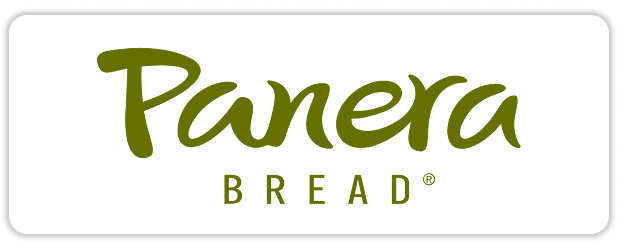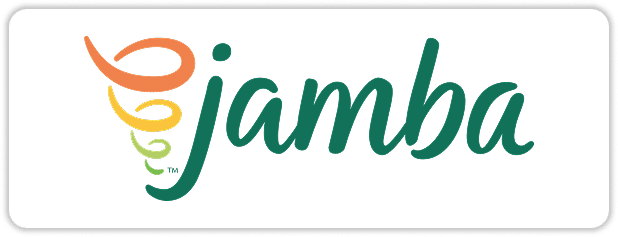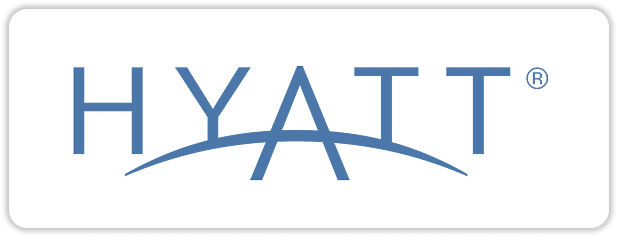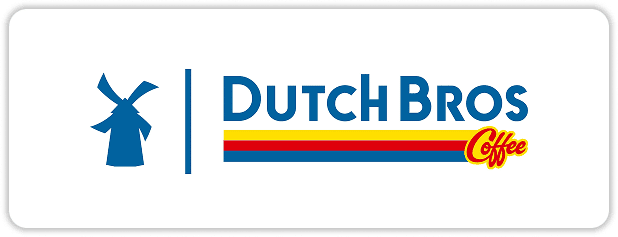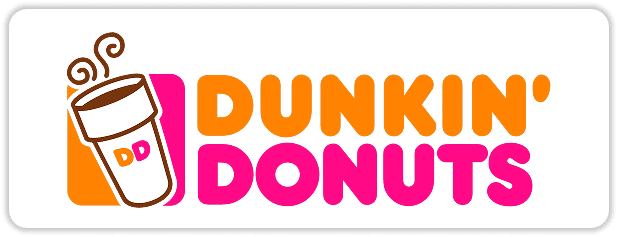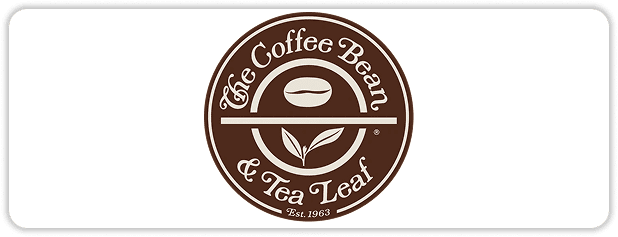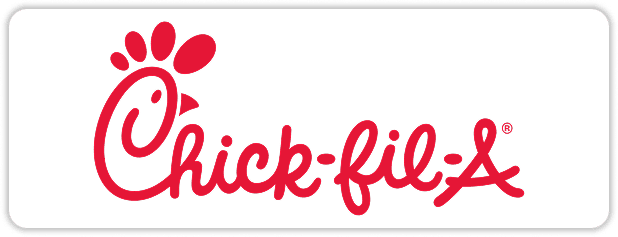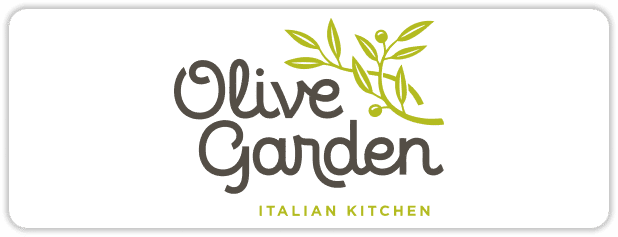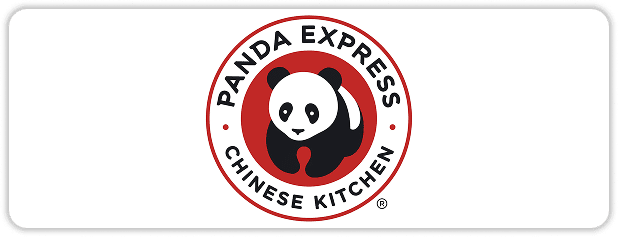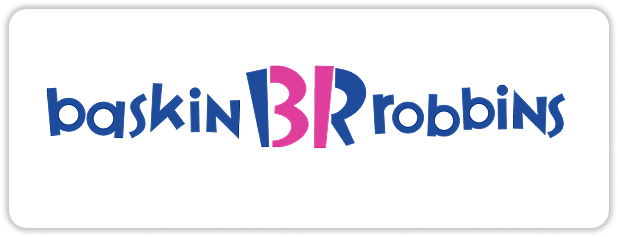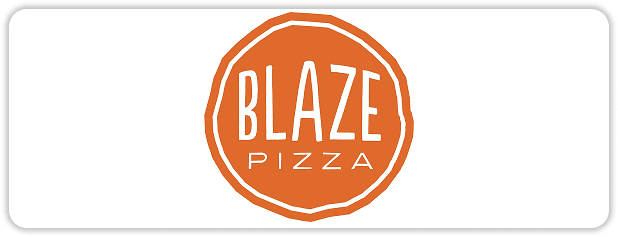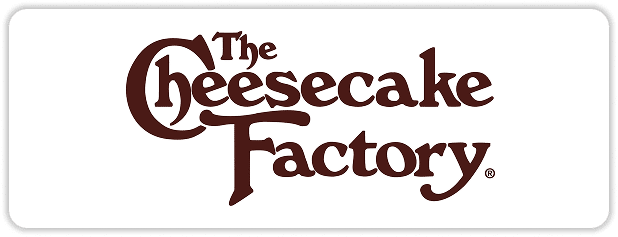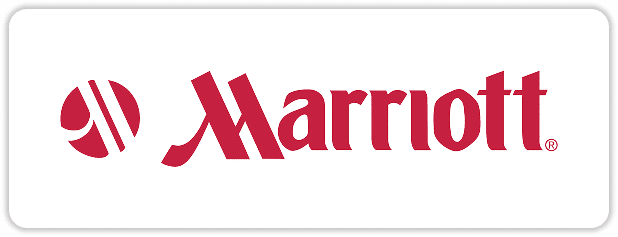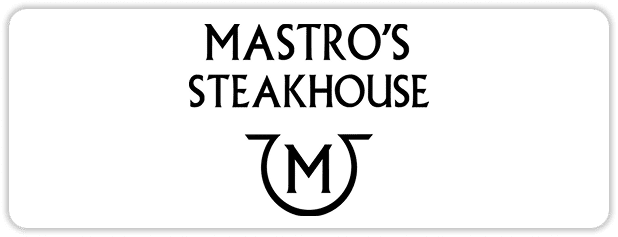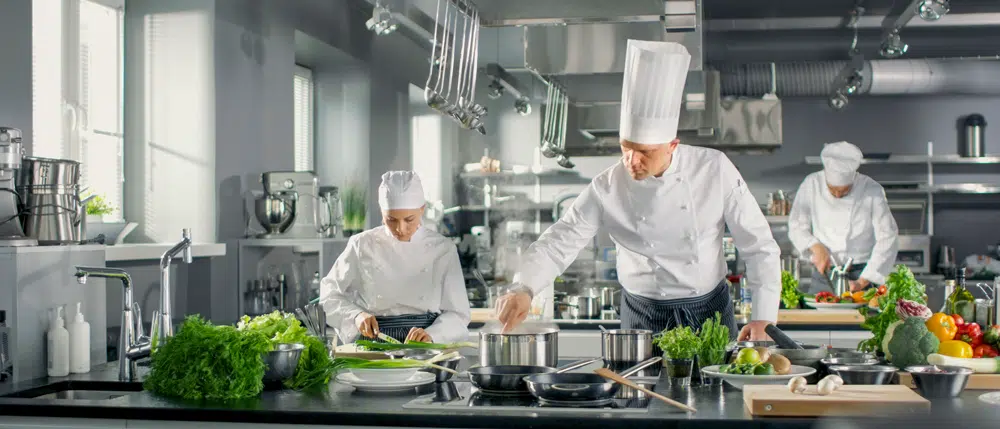
How to Get a Food Manager Certification
Running a restaurant takes a lot of work, so delegating day-to-day tasks to qualified managers is important. Given that acquiring a new manager can cost $15,000, it’s no surprise restaurant owners put a premium on quality managers. But that goes beyond the typical restaurant manager who ensures that operations run smoothly. You also need certified food managers to work with food and maintain health and safety protocols.
In this article, you will learn what a food manager certification is, who needs one, and how you can get one or hire a capable food manager for your restaurant.
What is Food Manager Certification?

Responsibilities of Food Managers in a Restaurant
Food managers play a crucial role in protecting public health by overseeing the handling of food from delivery to preparation. They ensure compliance with food safety regulations, maintain cleanliness, and train staff on proper food handling techniques. They are responsible for:
- Food storage and handling
- Employee hygiene
- Sanitation and cleaning
- Food safety training
- Temperature control
- Safe food sources
- Allergen management
- Food recall procedures
- Record-keeping
- Health inspections
- Emergency Preparedness
- Menu labeling (where applicable)
Food Safety Regulations

- Food Storage and Handling: Proper storage, separation of raw and ready-to-eat foods, and safe handling practices.
- Employee Hygiene: Regular handwashing, clean uniforms, and restrictions on ill employees handling food.
- Sanitation and Cleaning: Regularly clean and sanitize the kitchen and dining areas.
- Food Safety Training: Training and certification for food handlers and managers.
- Temperature Control: Monitoring and controlling food temperatures to prevent illness.
- Safe Food Sources: Sourcing food from approved suppliers.
- Allergen Management: Proper labeling and handling of allergens.
- Food Recall Procedures: Protocols for removing recalled or contaminated food.
- Record Keeping: Maintaining records of safety practices and inspections.
- Health Inspections: Cooperation with health department inspections.
- Emergency Preparedness: Plans for responding to emergencies.
- Menu Labeling: Providing accurate ingredient information on menus.
What are the Best Options for Food Manager Certification?
- Local Programs: Accredited organizations offer training courses and exams for certification. Options include the Certifying Board for Dietary Managers, ProMetric, the National Registry of Food Safety Professionals, and the National Restaurant Association Educational Foundation.
- ANSI National Accreditation Board: Offers various accreditation programs, including the International Certified Food Safety Manager and WFSO-USA Food Protection Manager.
- 360 Training: Offers a Certified Food Protection Manager package, providing training and exam preparation.
- AAA Food Handler: Provides national training resources with a focus on specific states, offering training for Food Handlers, Food Managers, and Alcohol Handling certifications.
Food Manager Certification FAQs

Is it required to have a food manager certification to own a restaurant?
Yes, having a certified food protection manager on-site is required in many jurisdictions.
What are the benefits of becoming a certified food protection manager?
Certification can increase job opportunities and earning potential and demonstrates competency in food safety.
What is the difference between a food handler’s card and a food protection manager?
Food handlers have basic training in food safety, while food protection managers have more extensive knowledge and responsibilities.
In conclusion, obtaining a food manager certification is essential for maintaining a safe and healthy environment in restaurants. Whether you choose a local program or an online option like AAA Food Handler, investing in certification is an investment in your restaurant’s success and public health.

